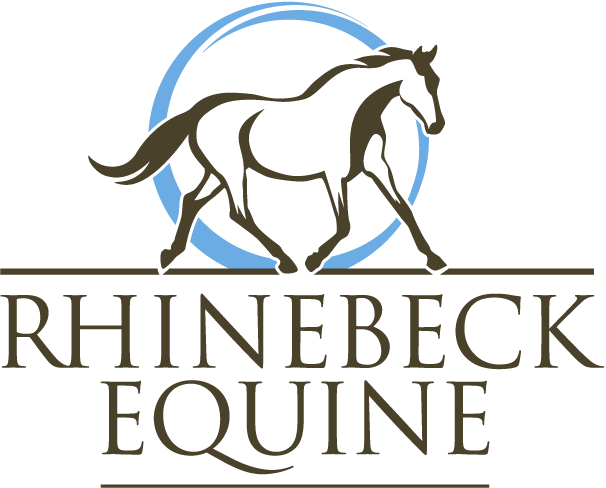Veterinary-Client-Patient-Relationship
Why You and Your Horse Need a Valid VCPR
The most important part of your horse health care toolbox isn’t a wrap or an ointment. It’s a valid VCPR — a veterinarian-client-patient relationship. Not only is it required by law, but it’s also the basis for your horse’s veterinary care, from preventive measures to emergency situations.
What is a Valid Veterinarian-Client-Patient Relationship?
Simply put, a valid VCPR means a vet has examined your horse and knows him or her well enough to diagnose and treat any health issues that arise.
While VCPR can vary slightly by state, the general concepts are the same nationwide. Here in New York, we must have both a valid VCPR and consent from the client (the owner or an owner’s agent, such as a trainer) before treating a patient or prescribing therapeutic prescription medications.
Fortunately, establishing a valid VCPR is simple. New York has four conditions. The veterinarian:
Assumes responsibility for making medical judgments with the owner’s approval;
Has examined the patient in person and knows the horse well enough to make general diagnoses;
Provides follow-up evaluations and oversees (or arranges for) continuing care; and
Maintains patient records.
https://www.op.nysed.gov/professions/veterinary-medicine/professional-practice#five11
Essentially, if your regular veterinarian has examined your horse, your VCPR should be valid.
If you’re moving to a new area, we recommend seeking recommendations ahead of time — try your current vet, a boarding barn owner, or local trainers — and scheduling an appointment to establish a VCPR as soon as possible upon arrival.
A VCPR note to remember: During the COVID-19 pandemic, the U.S. Food and Drug Administration temporarily allowed vets and clients to establish VCPRs without an in-person patient exam to ensure horses still had access to health care. This meant we could use telemedicine to address issues that didn’t require hands-on exams or treatments and prescribe necessary medications. The FDA started enforcing the in-person exam component of a VCPR in February, which means we’re once again obligated to examine new patients before providing care.
The Valid VCPR Value
The benefits of an established VCPR reach far beyond the law. The better we get to know our patients, the better care we can provide.
Quicker Diagnoses —From a slightly lethargic demeanor to a marginally thicker haircoat, a few extra tail swishes during saddling to a new cough during warm-up, seemingly small signs are easy for unfamiliar vets to inadvertently overlook. If we’re familiar with patients, however, these subtleties could prompt diagnostics at an earlier stage before more obvious signs appear.
Progressive Disease Monitoring — We’re better able to monitor progressive conditions in patients we see consistently, which means we’re also able to adjust treatments as needed. Horses with PPID, for instance, could need medication dose adjustments over time. Those in the very early stages of some conditions, like arthritis, might not require medications initially, but regular monitoring allows us to prescribe treatment at the first signs of additional discomfort.
Safer Access to Medications — Not only does a valid VCPR allow us to prescribe medications, it allows us to do it in a safer manner. For instance, a vet unfamiliar with a horse’s history might not think twice before prescribing a steroid, but in rare cases this could cause a relapse in horses with a history of laminitis.
Better Emergency Care —While few emergencies are easy to resolve simply due to their nature, having a valid VCPR can help the process along. For instance, collecting a horse’s health history can take time, possibly delaying the start of treatment or referral to a clinic. And, in some areas, simply finding a clinic that’s accepting new patients and offers 24-hour services can waste valuable time in the face of an emergency.
More Accessible Resources — Developing a valid VCPR with a vet from a clinic with features such as 24-hour emergency services, advanced imaging modalities, a surgery and/or medical center, and board-certified specialists expands the health care resources available to you and your horse in one convenient place and in a timely manner.

